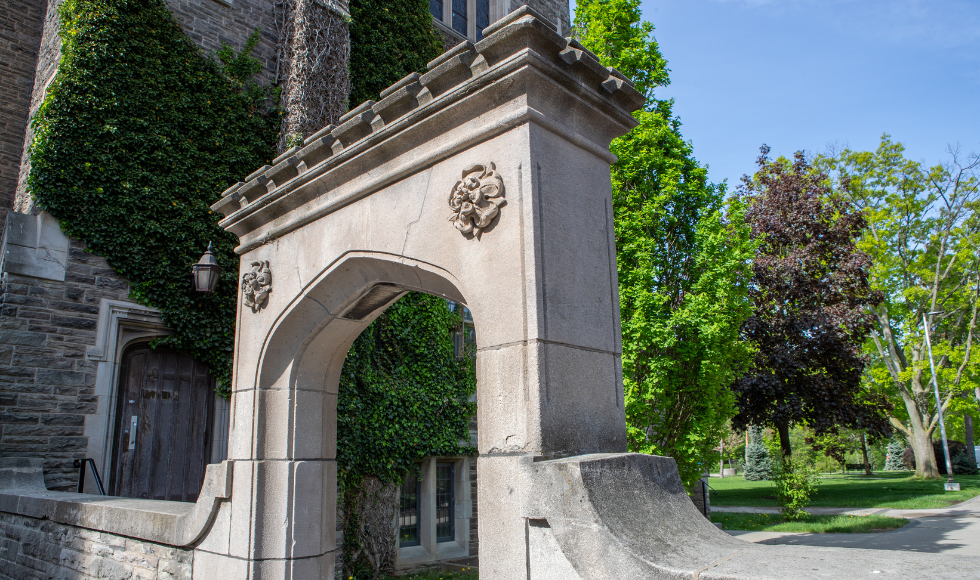McMaster to host top global universities in exploration of the future of higher education

Representatives from the world’s top research-intensive universities will discuss the role of AI and preparing students for future employability at the 2023 Educational Innovation Symposium.
Artificial Intelligence (AI) has been like an earthquake to teaching and learning, but it has finally evolved enough for instructors to consider including it when developing instructional plans, according to a leading expert from the University of Technology Sydney (UTS).
Simon Buckingham Shum, a professor of Learning Informatics at UTS, will deliver the keynote speech at a symposium of the world’s top research-intensive universities being held June 28-30 at McMaster.
“I expect the keynote address to serve as a catalyst for conversations about the opportunities and risks of generative AI in the classroom,” says Kim Dej, McMaster’s vice-provost, Teaching and Learning.
“I strongly believe it is important for us to enable our instructors to make AI part of their instructional plans where it makes sense, and for our students to graduate feeling confident about this technology as they start their careers.”
The 2023 Educational Innovation Symposium will explore the future of higher education, including the role of AI and preparing students for future employability.
It will be attended by delegates of Universitas 21 (U21), a unique network that brings together 28 global universities known for their research and a shared belief in collaboration and internationalization.
The event was organized by McMaster’s Office of International Affairs with support from the MacPherson Institute.
“International collaboration is invaluable for identifying common challenges, hearing diverse perspectives and considering solutions,” says Bonny Ibhawoh, vice-provost (International Affairs).
“It’s wonderful for McMaster to host this event, which marks the first time in four years that our U21 colleagues focused on educational innovation are meeting face to face.”
Event organizers also welcome McMaster faculty, staff and students to register to attend the keynote and panel discussions on June 29.
The first panel is on student assessment, academic integrity and learning analytics.
The second is on curriculum design, career development and future employability.
The symposium will attract U21 representatives from Australia, Belgium, Chile, the United States and other countries.
“McMaster is a world leader in its approach to teaching and learning excellence and a highly appropriate venue for tackling some of the big issues facing the higher education sector,” says Jenny Dixon, U21 Provost from the University of Auckland.
“The challenges and opportunities of AI technology cannot be explored in isolation. By bringing a truly global perspective, we will be learning more about the implications of new technologies, and how we can best equip our faculty and students in this rapidly changing environment.”


